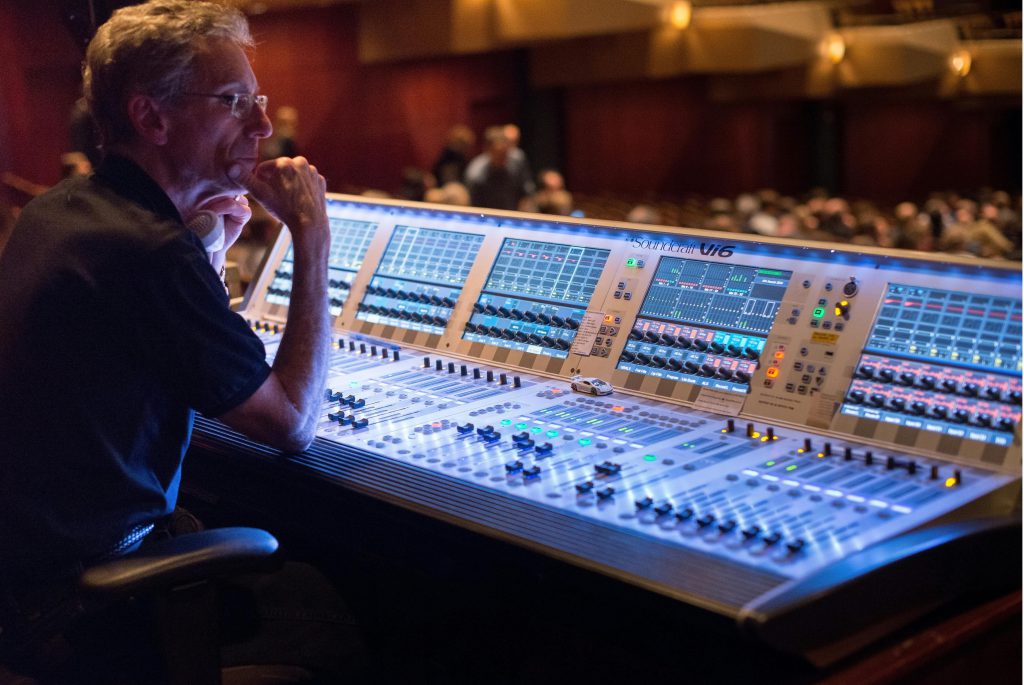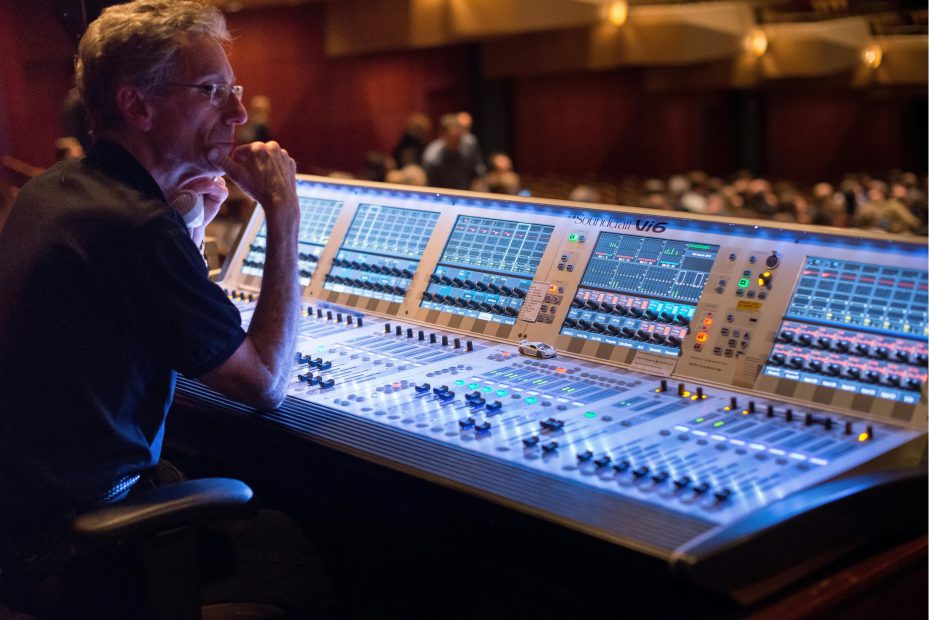The Role of Matrix Processors in Modern Audio
In today’s advanced audio systems, Matrix Processors play a critical role in delivering high-quality, adaptable sound. From commercial venues to home theaters, these devices have revolutionized how audio signals are managed and distributed. This article delves into the essential role of Matrix Processors in modern audio setups, their benefits, applications, and key considerations when choosing the right one for your needs.

What Are Matrix Processors?
Defining Matrix Processors
Matrix Processors are specialized audio devices designed to route, control, and process multiple audio signals within a system. Acting as the brain of an audio setup, they manage input and output signals, applying processing effects like equalization, compression, or delay.
Why Are Matrix Processors Essential?
- Scalability: Handle multiple sources and destinations seamlessly.
- Customization: Tailor audio configurations to unique environments.
- Precision: Ensure audio signals are processed for optimal clarity and quality.
The Benefits of Using Matrix Processors
Enhanced Signal Management
Matrix Processors allow users to control and distribute audio with precision.
- Flexible Routing: Assign inputs to multiple outputs for various zones or applications.
- Signal Prioritization: Manage critical audio signals for live performances or emergency announcements.
Superior Sound Quality
With integrated DSP (Digital Signal Processing), Matrix Processors enhance sound reproduction.
- Noise Reduction: Minimize unwanted interference for crystal-clear audio.
- Equalization and Balancing: Adjust frequencies to suit different environments.
Simplified Operation
Modern Matrix Processors come with intuitive interfaces and automation capabilities.
- Remote Control: Manage systems via apps or web interfaces.
- Preset Configurations: Save and recall settings for different events or venues.
Applications of Matrix Processors
Commercial Spaces
Matrix Processors are ideal for multi-zone environments such as:
- Restaurants and Bars: Distribute background music across different sections.
- Shopping Malls: Manage announcements and ambient sound across zones.
Live Performances
For concerts and events, Matrix Processors streamline audio control.
- Stage Monitoring: Route specific mixes to performers’ monitors.
- Audience Optimization: Ensure balanced sound distribution for large audiences.
Home Audio Systems
In modern smart homes, Matrix Processors elevate the listening experience.
- Multi-Room Audio: Play different music in various rooms simultaneously.
- Home Theaters: Create immersive soundscapes with precise audio routing.
Features to Look for in Matrix Processors
Input and Output Flexibility
The more inputs and outputs a Matrix Processor has, the more adaptable it is.
- Analog and Digital Compatibility: Ensure it supports a mix of audio sources.
- Scalable Channels: Opt for processors that allow future expansions.
Advanced DSP Capabilities
Integrated DSP enhances audio performance.
- Dynamic Range Processing: Handle varying input levels with ease.
- Acoustic Tuning: Tailor sound to specific room acoustics.
Ease of Use
Look for user-friendly features in a Matrix Processor.
- Intuitive Interface: Simplify setup and operation.
- Remote Accessibility: Control the processor from smartphones or PCs.
Innovations in Matrix Processors
AI Integration
Some modern Matrix Processors leverage AI for smarter audio management.
- Automatic Room Calibration: Adjust settings based on environmental factors.
- Predictive Signal Processing: Anticipate and correct audio issues in real time.
Networked Audio Capabilities
With protocols like Dante and AVB, Matrix Processors facilitate seamless integration.
- IP-Based Routing: Transmit audio across networks efficiently.
- Cloud Integration: Store and access settings remotely.
Choosing the Right Matrix Processor
Assess Your Needs
Understanding your requirements is critical when selecting a Matrix Processor.
- System Size: Determine the number of input and output channels needed.
- Environment: Consider the acoustics and layout of your space.
Budget Considerations
While premium Matrix Processors offer advanced features, affordable options may suffice for smaller setups.
- Cost vs. Benefit: Evaluate the return on investment based on your needs.
- Upgradeable Models: Choose processors that allow for future expansions.
Brand Reliability
Stick to reputable brands known for durability and support.
Maintaining Your Matrix Processor
Regular Updates
Keep firmware and software up to date for optimal performance.
- Security Patches: Protect against vulnerabilities.
- Feature Enhancements: Gain access to the latest capabilities.
Clean Connections
Ensure all ports and cables remain dust-free to prevent signal degradation.
The Future of Matrix Processors
The role of Matrix Processors continues to evolve with advancements in technology.
Smart Integration
As IoT (Internet of Things) grows, expect Matrix Processors to integrate seamlessly with smart devices.
Enhanced Audio Analytics
Future models may offer detailed insights into audio performance, helping users fine-tune their systems.
In modern audio systems, Matrix Processors are indispensable tools for achieving precise sound management. From commercial installations to home theaters, their ability to route, process, and enhance audio signals makes them a cornerstone of advanced audio setups.
Investing in the right Matrix Processor ensures you’re equipped to deliver exceptional sound quality in any environment. With continued innovations in DSP, AI, and networking, these devices will only grow more powerful, solidifying their role as the backbone of modern audio systems.
